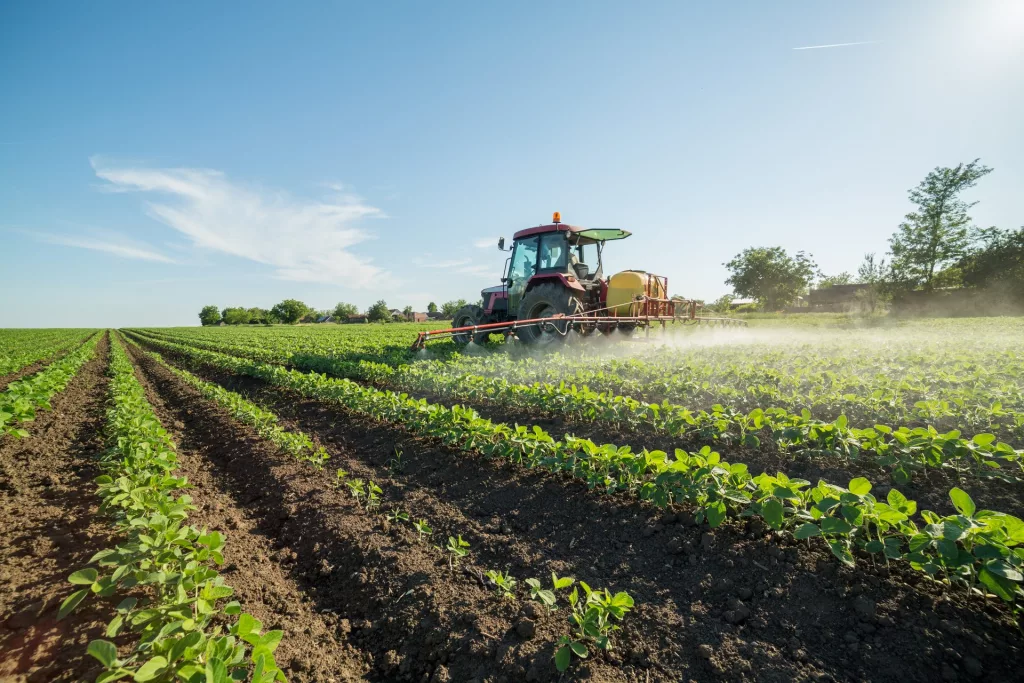More than 300 agricultural groups, including the American Soybean Association and American Sugarbeet Growers Association, have called on the U.S. Environmental Protection Agency to work with stakeholders to reform its Endangered Species Act processes for pesticides.
In a letter signed by 318 organizations representing hundreds of thousands of farmers, the groups contend farmers and other pesticide users will face significant and costly restrictions without reforms. Further, EPA may not be meeting its own legal obligations in determining credible risks to those endangered species.
Josh Gackle, American Soybean Association president and North Dakota soybean farmer, explained the groups support EPA efforts to meet its legal requirements, but there is more to it than simply making a passing grade:
“The courts have been clear they will continue to strike down pesticide registrations if EPA does not comply. However, EPA cannot do perfunctory work on the Endangered Species Act and pass the test. Rather, it needs to aim for an “A” by doing so in a way that is consistent with the law. EPA often makes conservative assumptions instead of using ‘the best scientific and commercial data available’ as required by ESA. By doing so, the result is often unnecessary restrictions for farmers and legal vulnerabilities for pesticide registrations.”
Federal courts repeatedly found EPA had not fulfilled its legally required ESA work and would strike down pesticide registrations, causing farmers and other pesticide users to lose invaluable and safe pesticide tools. As a result, EPA has tried the last couple of years to bring its pesticide program into compliance, including through proposals such as the draft Herbicide Strategy.
In its efforts to become compliant, the agency’s regulatory pendulum has now swung too far, and EPA risks overregulating tools by predicting worst-case scenarios that overstate pesticide impacts to endangered species. These unduly conservative predictions impose increased and often unnecessary restrictions on farmers versus when quality data and more refined assumptions are used.
“It is imperative that EPA engage with growers to understand our actual agronomic practices. Instead, EPA seems to be focusing on imaginary risks to endangered species based on unrealistic assumptions and ignoring the way we actually use pesticides in the real world. EPA assumptions will ultimately impose unnecessary restrictions on growers, making it harder for American farmers to feed the world, all while doing nothing to protect species. EPA must commit to using the best available science,” said Neil Rockstad, president of the American Sugarbeet Growers Association.
The groups point to available data EPA does not typically use—data that would provide a more accurate picture of how pesticides affect species. This includes real-world pesticide usage, percent of crop area treated, existing conservation practices and other data sets. Further, if EPA were to use more refined models as it has done on occasion in the past, it could also yield more precise results, the letter suggests. These improvements would result in more accurate assessments requiring farmers to adopt restrictions only when genuinely needed to protect endangered species or critical habitat.
The letter calls on EPA to engage with stakeholders “as soon as possible—by no later than September 2024,” to ensure any agreed-upon refinements are timely and do not come long after EPA has implemented potentially unnecessary ESA restrictions. The signer organizations plan to follow up with EPA in the days ahead to pursue stakeholder engagement discussions to assist EPA with meeting its legal requirements in a way that protects species while not being unnecessarily prohibitive to farmers.
Tune in below to hear more about how the EPA’s Endangered Species Act Herbicide Strategy could revolutionize farming- and not in a good way- with American Soybean Association Director of Government Affairs Kyle Kunkler and Kala Jenkins, Government Affairs Advocate for Beck’s Hybrids. They appeared recently on the Indiana Ag Policy Podcast produced by Hoosier Ag Today.
Source: American Soybean Association

